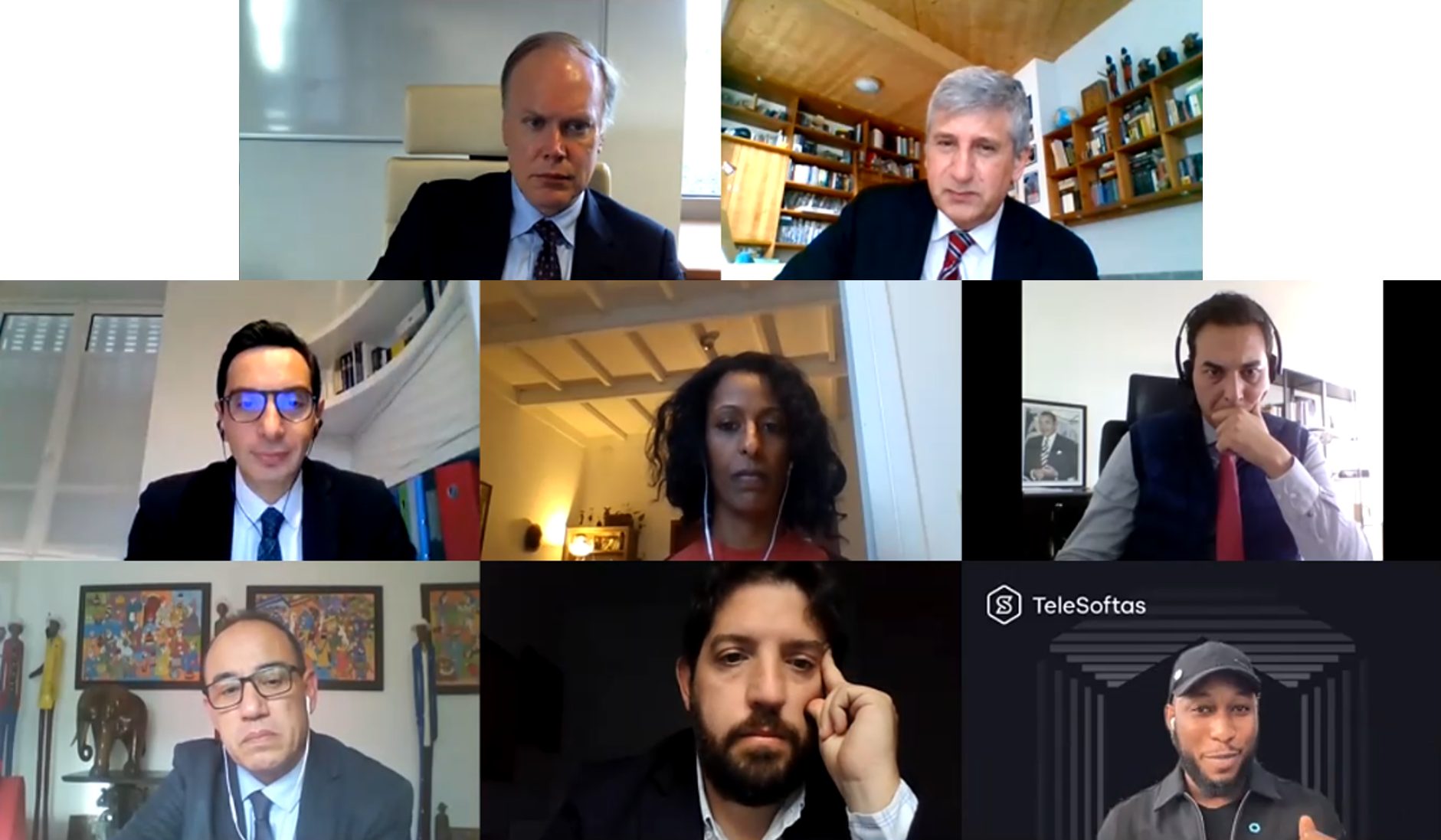Date and Time: 18 January 2022, 15:00-16:45
The Talent Partnerships will provide a comprehensive European Union (EU) policy framework through which a country of destination and origin cooperate with the business community on building their in-demand skills through vocational training, mobility, migration and professional exchange schemes. Early labour mobility pilot projects funded by the European Commission (e.g. those under the MPF) show that European business is interested in investing into countries of origin, following labour mobility schemes that are complemented with confidence building measures such as business to business (B2B) exchange and talent engagement.
In this Webinar, the MPF, with the support of the Commission and in collaboration with the Spanish Institute of Foreign Trade (ICEX), explored the synergies that can be created at the junction of Foreign Direct Investment (FDI), private sector competitiveness and skills. Jointly reflecting on a Working Paper looking at the example of the EU-Morocco corridor which was developed in the run-up of the webinar, speakers and participants discussed the ways in which Talent Partnerships, through public-private cooperation, can unlock FDIs in line with partner countries’ priorities.
Speakers:
Henrik Nielsen, Director, International & Horizontal Affairs, Directorate-General for Migration and Home Affairs, European Commission
Michael Spindelegger, Director-General, International Centre for Migration Policy Development (ICMPD)
Emmanuel Mimshach Obioha, Country Manager Telesoftas Nigeria – Digital Explorers Project
Manuel V. Rodríguez Díez, Head of ICEX Morocco, Economic and Commercial Office in Casablanca, Spanish Embassy in Morocco
Ali Serhani, Director Associate, Gesper Human Resources, Morocco
Naim Bentaleb, Economic Counsellor, Belgian-Luxembourg Chamber of Commerce in Morocco
Eden Alemayehu, Project Manager INSPIRE, ICMPD
Moderator: Sergo Mananashvili, ICMPD Representative to the African Union
The webinar successfully gathered more than 80 participants from 21 countries who represented various stakeholders from EU institutions, private sector, recruitment agencies, national ministries, think tanks, development agencies, non-governmental organisations and international organisations.
The report combining the findings from the Working Paper and the discussions from the webinar can be found here.

